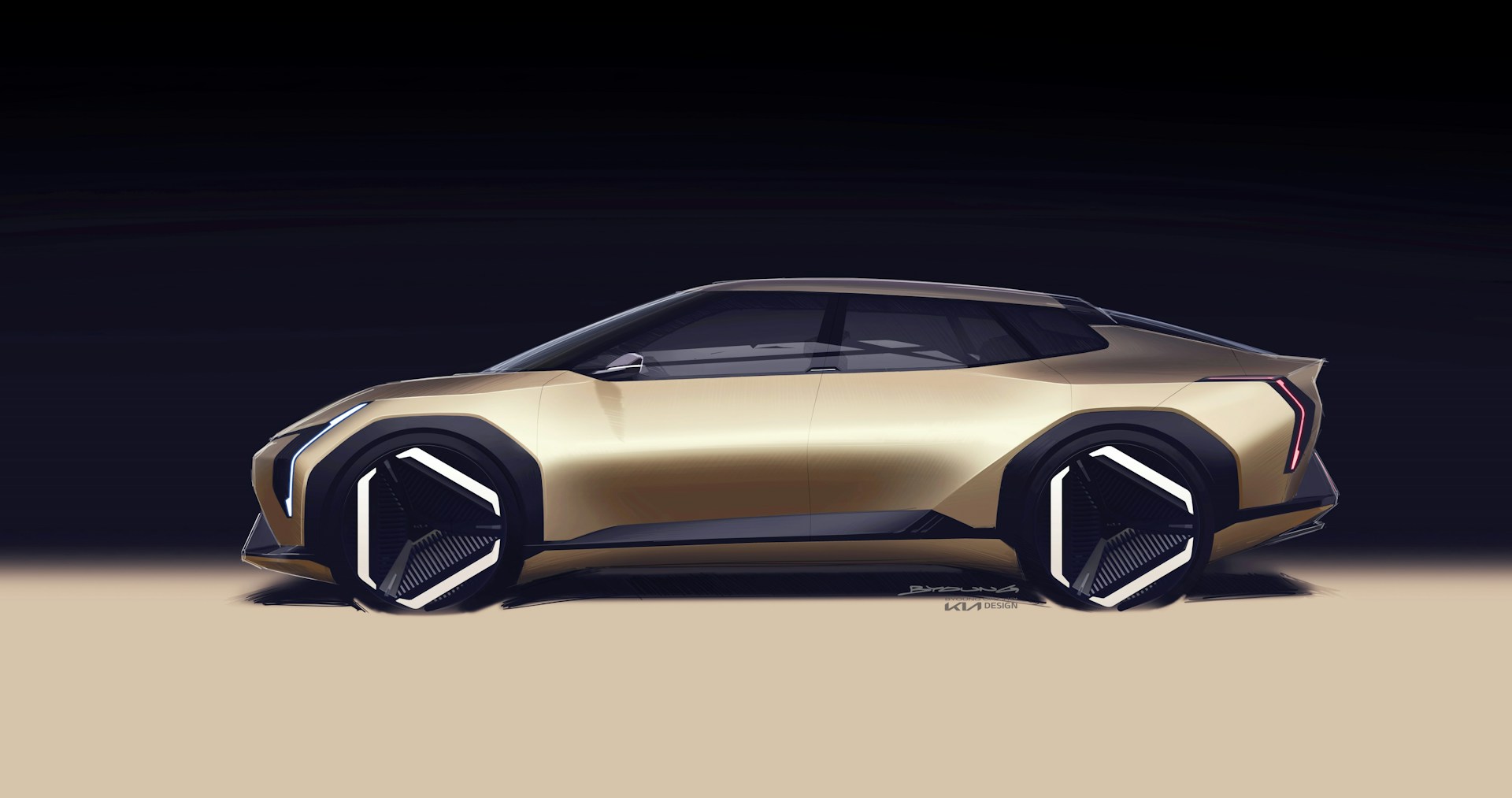Switching to an electric vehicle (EV) can be exciting, but it’s not a decision to rush. EVs have different considerations than gas cars — from charging habits to upfront costs — and knowing what to look for is key to making a choice you’ll be glad of in the long run.
Range: How Far Can You Go?
One of the first questions prospective EV buyers ask is: How much range do I really need? Modern EVs often advertise 200–300+ miles per charge. But your real required range depends on:
- How many miles you drive daily
- Whether you have access to home charging
- The effects of weather (extreme heat or cold reduce range)
- Your driving style (highway speeds use more energy)
Also, to help battery health, many EV owners avoid charging to 100% regularly or letting it fall below 10%. So, the usable range tends to be less than the full number on the spec sheet.
Charging: Home vs Public, Speeds & Equipment
A big part of EV ownership is charging. Here are key points:
- Home (Level 2) charging is ideal. It lets you recharge overnight and handle daily driving needs.
- Public DC fast charging is great for road trips, but speeds vary and can strain battery health over time.
- Many EVs have limits on how much power they can accept — using a faster charger doesn’t always guarantee faster charging.
- Charging times depend on the battery, ambient temperature, state of charge, and the amperage your home setup supports.
- Installing a charging station at home may require upgrades to your electrical system, wiring, or circuit breaker.
Driving Experience & Performance
EVs often feel different from combustion-engine cars. Some things you’ll notice:
- Instant torque for quicker initial acceleration
- Regenerative braking, sometimes even one-pedal driving where releasing the accelerator slows the car
- Heavier overall weight (because of the battery)
- More predictable handling response at low speeds
- Possibilities of all-wheel drive via dual motors — but this may cut into range
Understanding these traits helps you pick a model that fits your driving style and environment.
Price, Incentives & Total Cost of Ownership
EVs generally cost more upfront than comparable gasoline cars. But the operational costs—fuel, maintenance—can be lower. Key financial factors:
- Manufacturer incentives or discounts can reduce the initial price
- State or local incentives may also apply
- The federal tax credit (or equivalent incentive) might not always be available, so time your purchase wisely
- Depreciation, battery warranty, and resale value are vital to consider
- Maintenance costs are often lower, since EVs have fewer moving parts and no oil changes
How to Purchase an EV
Buying an EV can follow a similar process to buying a gas car, but with a few twists:
- Some brands sell directly to consumers (bypassing traditional dealerships)
- For brands that still use dealers, the negotiation process is familiar — price, options, financing
- Always confirm charging compatibility (plug type, onboard charger capacity)
- Ask about OTA (over-the-air) updates, battery warranties, and software features
Incentives & Timing
Incentives are a big part of EV attractiveness. Remember:
- A federal EV tax credit may expire or change over time
- Even if incentives end, you might benefit if the vehicle was reserved beforehand or is delivered shortly after expiry
- Local and state incentives may still apply
- Automakers may extend discounts or incentive-like deals to bridge gaps when government credits expire
What’s Next for EVs?
The EV market is still evolving. Some trends on the horizon:
- More affordable EV models launching, targeting lower price points
- Better charging infrastructure, especially for highways and rural areas
- More competition in charging networks and standardization of plugs
- Battery improvements for faster charging and longer life
- Greater emphasis on software, connectivity, and updates as differentiators
As the EV landscape grows, buyers need to stay informed and pick models that will serve their needs today and in the future.
References
- Cars.com: “What to Know Before Purchasing an Electric Vehicle: A Buying Guide” – cars.com



